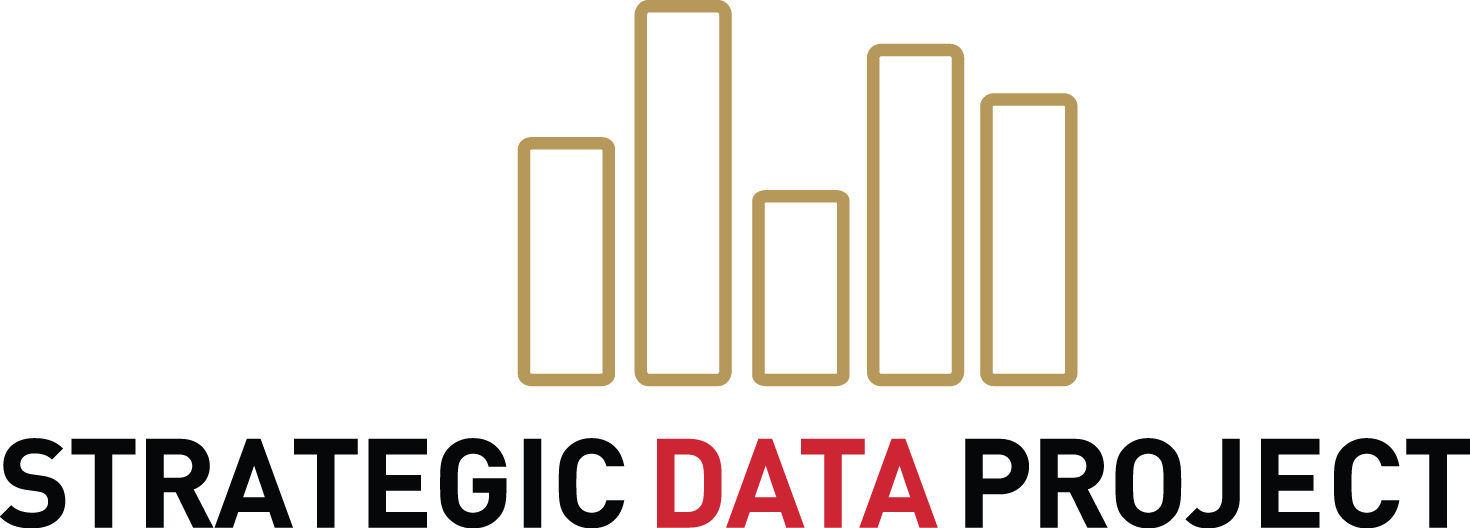 After a lawmaker impasse on wide-reaching education legislation in West Virginia, SDP Fellow Oliver Ho and the West Virginia Department of Education used data to help drive the conversation forward.
After a lawmaker impasse on wide-reaching education legislation in West Virginia, SDP Fellow Oliver Ho and the West Virginia Department of Education used data to help drive the conversation forward.
In 2018 and 2019, two successive teacher strikes in West Virginia garnered local and national attention. After a strike in 2018, teachers won a 5% pay raise, a freeze of insurance premiums, and a promise for a long-term insurance solution. It looked as though the 2019 session would be calmer when the governor and legislature promised another raise prior to elections in November 2018. The promised calm quickly evaporated when legislators tried to tie the teacher pay bump to a range of education proposals, many of which were vehemently opposed by teachers and school service personnel. The resulting strike stalled the legislation, and in response, West Virginia Governor Jim Justice called a special legislative session on education “betterment.”
In anticipation of the special session, “there was a need to get out beyond what was going on in the capital” reflected SDP Fellow Oliver Ho. “We needed to get some different perspectives on the proposals floating around the legislation.”
Thus, the West Virginia Department of Education (WVDE) announced that the department would conduct public forums and stakeholder surveys throughout the state and report their findings to the governor and legislature. The SDP Fellow for the WVDE’s Office of Data Analysis and Research (ODAR), Oliver Ho, mobilized to help the department analyze stakeholder perspectives and craft recommendations, giving voice to West Virginia’s citizens at this critical and contentious time.
“This was clearly the biggest thing I had worked on,” said Ho. “I happened to be going through the SDP fellowship at a time when analytic skills were called for in a high-stakes situation. This was different from the day-to-day activities I was doing at the department.”
Giving Voice to West Virginia
To gain a robust understanding of stakeholder opinion, the WVDE held eight public forums throughout the state and disseminated online surveys to various affected audiences. Through topical presentations followed by small-group table discussions, the West Virginia’s Voice Education Forums focused on four policy areas: Funding Opportunities, Instructional Quality, School Choice and Innovation, and Social Emotional Supports. Over 1,600 people attended the forums and submitted over 2,500 comment cards. These data, coupled with over 17,000 online survey responses, began to paint a picture of how educators, school personnel, parents, local elected officials, and other community members were feeling.
The department took precaution not to overstate this evidence as representative, but rather presented it simply as information from respondents and supplemented stakeholder data with literature on key proposal topics.
“While we were reacting to the legislation and working within its parameters to some extent,” described Ho, “we were still in a position to tell a story. We wanted to paint a picture of how the stakeholders were feeling and to ultimately gauge the legislation’s impact on students.” Thus, Ho and the department crafted a report called West Virginia’s Voice to communicate the evidence. “We really thought through different ways of visualizing the data so that the qualitative nuance was presented alongside the numbers.”
Ultimately, the report focused largely on stakeholder opinion with direct literature review or external evidence that staff cited during facilitator debrief discussion. Evidence of overwhelming support for items like teacher pay raises and funding for student social and emotional support, for example, bolstered lawmaker support for those items. Conversely, data showing little public support for education savings accounts, which would make taxpayer dollars available for private education, made them tough to defend. Giving voice to stakeholders — many and varied — added important information to the factors already under consideration.
Legislative debates like these in West Virginia are acutely context-dependent, and data efforts like these can help reconcile what’s being said publicly with what’s being felt locally. “We don’t always have a perfect answer for what will drive student achievement,” Ho acknowledged, “but in order for any measure to work, the measure must have support and buy in. If there’s no local support, a good idea that’s working elsewhere can’t necessarily be transplanted.”
While the West Virginia Voice report helped shape a major piece of education legislation that increased public school funding by $177 million, the data efforts within the department of continue. At the request of the state board of education, the department conducted another set of “listening tours” in Fall 2019 to identify additional areas of opportunity for state education policy.
Lessons Learned
Generating and sharing data about public perspectives is an important tool for good governance and makes for more effective change management. And while the West Virginia’s Voice report helped shape the special session’s final legislation, the process revealed key lessons about how to more effectively approach similar work around the legislative process in the future. Those tasked with gathering, analyzing, and reflecting public sentiment can learn from the following project takeaways:
- Create clear and shared goals. Teams executing a public-facing task of this magnitude benefit from a clear and shared goal. Information gathering protocols reflect the key policy issues where input will have a real influence.
- Involve department staff in front-facing work as facilitators. Many staff commented how much they valued the forum facilitation and follow-up focus groups. These settings provided them with the opportunity to discuss how one form of new information—stakeholder input—combined with their own knowledge should inform policymaking and identify opportunities in their own work to better support schools and students.
- Be careful to frame survey results as information from respondents rather than as representative of public opinion. Think about the key demographics that might be overrepresented in your data, or work to find balance in sampling public opinion as part of your initial data collection strategy.
- Supplement stakeholder voice with a review of rigorous research on key policies. The WVDE departments conducted literature reviews on key proposal topics and contributed additional research materials that appeared as an appendix to the report. Stakeholder opinion and evidence should not be mutually exclusive inputs in a robust legislative process.
Oliver Ho is the Strategic Data Coordinator at the West Virginia Department of Education.
